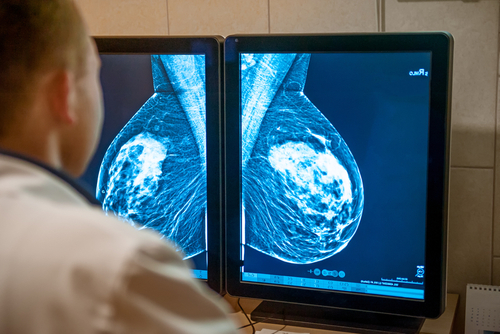
Imaging modalities show significant efficacy in identifying metastasis among asymptomatic early-stage breast cancer patients with high detection rate and accuracy, according to the researchers of a study which was presented at ESMO 2024.
“Current guidelines recommend against imaging for early-stage breast cancer patients in the absence of signs and symptoms of metastatic disease. However, incidental detection of metastases through asymptomatic imaging evaluations has been documented. It is challenging to avoid overdiagnosis and unnecessary treatment and ensure detection of true metastases. This study aims to determine the utility of imaging modalities among asymptomatic early-stage breast cancer patients,” the researchers concluded.
Researchers analyzed the medical records of 200 asymptomatic early-stage breast cancer patients who underwent any imaging modality from January 2020 to December 2023 at St. Luke’s Medical Center. The presence of metastatic disease based on imaging results was determined on a per patient basis with data correlations were analyzed using Pearson’s Chi-squared test.
The results showed that imaging modalities detected metastasis in 65% of cases with either suspicious or definite lesions. Notably, the researchers emphasized that biopsy confirmation was limited in this study, with majority of diagnoses relying solely on imaging. Among the imaging modalities, they further noted that Chest CT Scan (71.43%) and PET CT Scan (69.23%) detected most metastases.
“The incorporation of imaging modalities at the time of breast cancer diagnosis is highly recommended. However, in cases of uncertainty, decision to pursue metastatic workup via imaging should primarily be guided by disease stage rather than breast subtype or high-risk feature presence,” the researchers concluded.







 © 2025 Mashup Media, LLC, a Formedics Property. All Rights Reserved.
© 2025 Mashup Media, LLC, a Formedics Property. All Rights Reserved.